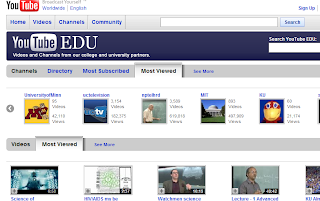Search This Blog
Blogger. 10 Minute Teacher Podcast. Teaching students with new tools, enthusiasm, and belief that teaching is a noble calling. This is an archive of my blogger blog since I started blogging here before I set up www.coolcatteacher.com
Posts
Showing posts from March, 2009
And so it grows: Telling the Story of Global Collaboration Growth
- Get link
- Other Apps
Youtube Edu Launches: But K12, don't get excited....yet
- Get link
- Other Apps
So if Teachers Wont "Read It" What are We doing with Kids!
- Get link
- Other Apps
Flat Classroom Workshop at Boston College, Cell phone workshop at NECC and more
- Get link
- Other Apps
So, does "virtual attendance" mean anything to students?
- Get link
- Other Apps
Star Flat Classroom Teacher Salim Al-Busaidi speaks out on TV in Oman
- Get link
- Other Apps
